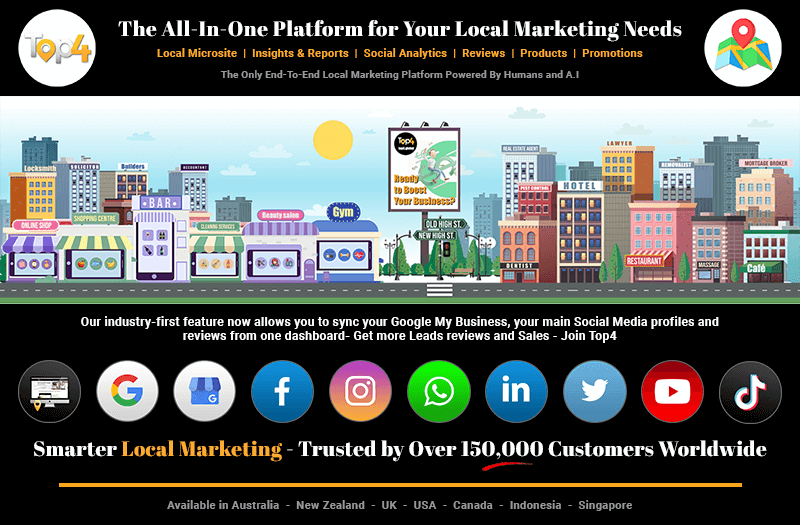Often when a dispute occurs, each party blames the other and the matter goes to court. This often severely damages a profitable relationship. However, this does not always need to occur. You can prevent the matter from escalating by undertaking meaningful negotiations with the other party to come to a result that you are both happy with. This article will explain when negotiation is appropriate and five strategies to ensure that everyone walks away with what they want.

When to Use Negotiation
Negotiation is the process of two parties coming together to reach an agreement over a problem, where both sides generally need to adjust their views and positions to achieve a solution.
You should always try to negotiate as a first step, particularly when:
• you wish to maintain the business relationship with the other party;
• there is a possibility that both you and the other party can walk away with what you want;
• you and the other party have similar bargaining power, meaning one of you doesn’t have a strong influence over the other;
• you don’t want to spend thousands of dollars on fees associated with court litigation; and
• most importantly, you want to resolve the dispute as quickly as possible, allowing you to continue running your business.

However, negotiation is not always appropriate, particularly when the:
• dispute is complex and involves many legal issues; or
• other party has shown that they are acting unreasonably.
Why Conflict Negotiation Works
In the realm of global politics, there have been numerous occasions when groups with diametrically opposed values and identities have, through the therapeutic effects of truth-telling, cast aside generations of hatred and mistrust and transitioned into the long, slow process of reconciliation. When we think about the divided societies that have managed to build a workable peace after decades or even generations of bloodshed, such as South Africa and Ireland, we ought to be encouraged.
In the diversity-campaign case, someone with experience managing difficult conversations could help to promote a more productive exchange at the empathetic level. Empathic understanding goes deeper than the cognitive understanding described above, as it aims to enhance trust, reduce defensiveness, and potentially change relationships for the better. The point of empathetic understanding is not to transform parties’ identities or values, but rather to help them engage with each others’ beliefs and move past stereotypes. Ideally, they will be able to overcome misconceptions and find a path to cooperation.
Negotiators caught up in values-based disputes need not aim for settlement in the traditional sense. Increasing our respect for views contrary to our own and learning to live with fundamental differences in values and beliefs are themselves laudable goals. When we engage in values-based dialogue, we may not resolve our disagreements, yet we can strive to learn more about one another so that we can more easily live side by side.
Strategies
Here are five practical conflict negotiation strategies for resolving values-based disputes:
Consider interests and values separately:
Separate the person from the problem and engage issues individually at the negotiation table. Determine what worth your counterpart attaches to her positions and bargain accordingly.
Engage in relationship-building dialogue:
Build relationships through establishing rapport or common cause, bringing your counterpart to your side while helping yourself to understand her interests and values at the negotiation table.

Appeal to overarching values:
Appealing to common or shared values can help bridge the gap at the bargaining table by bringing you and your counterpart closer together in terms of bargaining interests. By establishing a common negotiating ground, you can begin to create value (and claim more value) using integrative negotiation strategies.
Confront value differences directly:
The areas where you and your counterpart do not see eye-to-eye are areas of growth and opportunities for value creation. Understanding your differences, you can best work to reconcile them in order to achieve bargaining success.
Reach closure:
Once you reach an agreement, it is important that you record the terms in a carefully drafted Deed of Settlement and Release or Settlement Agreement. Your deed or agreement should capture the precise terms that you reached, leaving no room for further disagreement. Make sure that you understand exactly what you are agreeing to before executing any deed or agreement. It is extremely important that you only agree to a settlement that you can keep. There is no point agreeing to make a payment by a certain date and then lack the necessary funds.
Conclusion
Even in cases where the resolution of a dispute is not possible, the five approaches above will allow for greater understanding between parties, and clarify where the differences of identity and values lie. In many cases, however, following these steps will help ensure that a values-based dispute can be negotiated successfully.
The law is complex and difficult to understand so we make sure we take the time to make sure you thoroughly understand and then how we will work with our knowledge of the law to obtain the best possible result.
If you need legal help when there is a dispute, please make an appointment by ringing Jeffrey Choy at 0419 233 670 or emailing him at [email protected]. He is available during office hours at his city office or after hours and weekends at his Riverwood office.
Contact JCL Legal now!
sources: legalvision.com.au, pon.harvard.edu
To find out how we can help you with your Website + Marketing, using our unique location marketing platform called Top4, get in touch today at www.top4marketing.com

Looking to build customer loyalty through social media? Don’t forget to add your business to Top4.global
List your business, create your own digital store to sell goods and services, and share posts on social media. Promote your business on Google instantly! Should you need help with local digital marketing then view our new Google Marketing Platform and services Top4 Marketing
Get Found On Google Promote Your Website, Reach local customers today!
Our Digital Marketing Agency Services Across All Industries Include Search Engine Optimisation (SEO), Google Marketing, Website Design, Corporate Web Development, and local location-based marketing using our own Google Marketing Platform!
Engage A Social Media Agency For Only 1/3 The Cost Of Employing A Social Media Manager…LET’S TALK!




